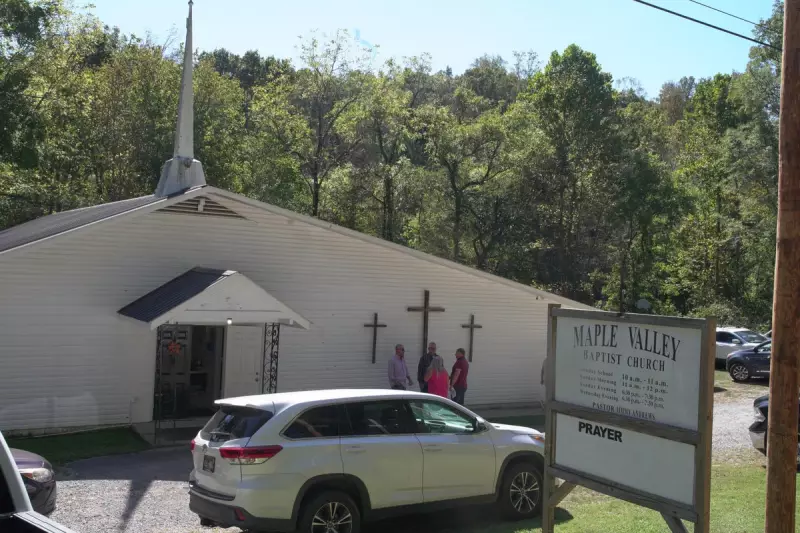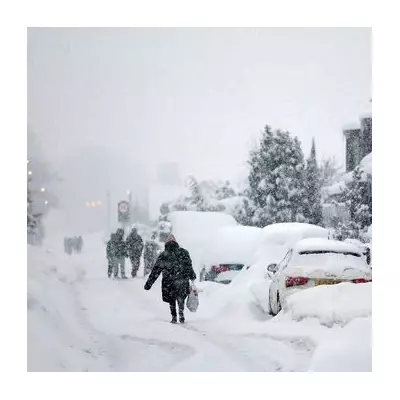
In a remarkable display of community solidarity, numerous churches across Tennessee are undergoing an unexpected transformation—becoming temporary homes for public schools facing space constraints and infrastructure challenges.
An Unconventional Solution to Educational Pressures
The initiative has seen worship spaces repurposed into classrooms, fellowship halls converted into science labs, and sanctuaries serving as gathering spaces for morning assemblies. This innovative approach is providing much-needed relief to schools struggling with overcrowding and facility limitations.
Community leaders report that the arrangement benefits both educational institutions and religious organizations, creating unexpected partnerships that strengthen neighborhood bonds.
How the Program Operates
- Churches provide classroom space during weekdays
- Educational activities are kept separate from religious programming
- Shared facilities like kitchens and restrooms serve both communities
- After-school programs often complement the daytime educational use
Overcoming Initial Skepticism
While the concept initially faced questions about the separation of church and state, participants emphasize that the arrangements are strictly about physical space, not religious instruction. School districts maintain full control over curriculum and teaching methods, while churches simply provide the venue.
"This isn't about religion—it's about community," explained one participating pastor. "When we saw our local schools struggling for space, opening our doors was the natural response."
Measurable Impact on Education
Early reports suggest the arrangement is yielding positive results:
- Reduced classroom overcrowding in participating districts
- Improved student access to specialized learning spaces
- Enhanced community engagement between schools and neighborhoods
- Cost savings for school districts facing budget constraints
The success in Tennessee is drawing attention from other states facing similar educational infrastructure challenges, potentially paving the way for similar partnerships nationwide.
Looking Toward the Future
As the program continues to evolve, both educational and religious leaders are exploring ways to formalize and expand the partnerships. The model demonstrates how community assets can be leveraged creatively to address public needs, blurring traditional boundaries between different sectors of society.
This groundbreaking approach to solving educational space challenges may well become a blueprint for other communities facing similar pressures, proving that sometimes the most effective solutions come from unexpected collaborations.





